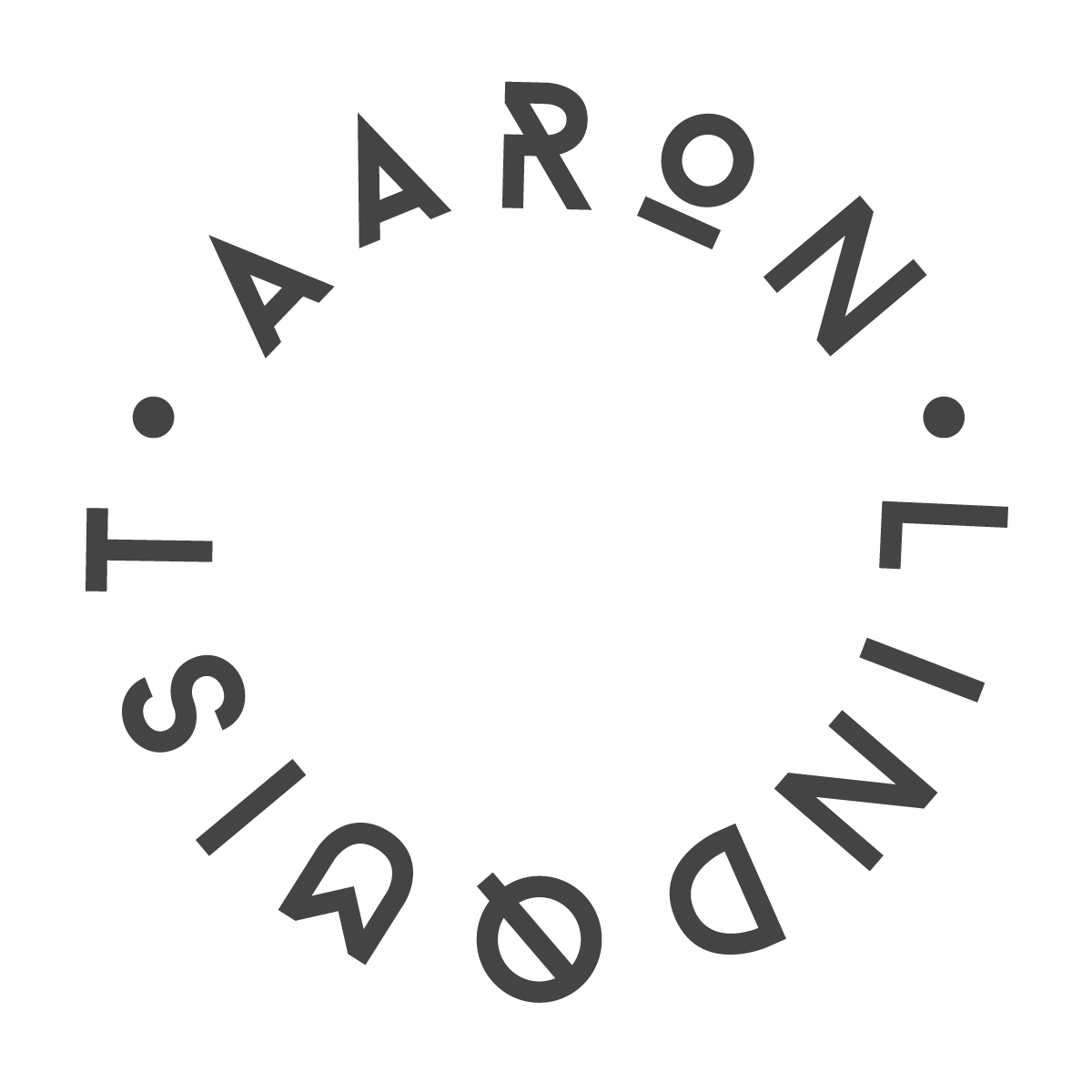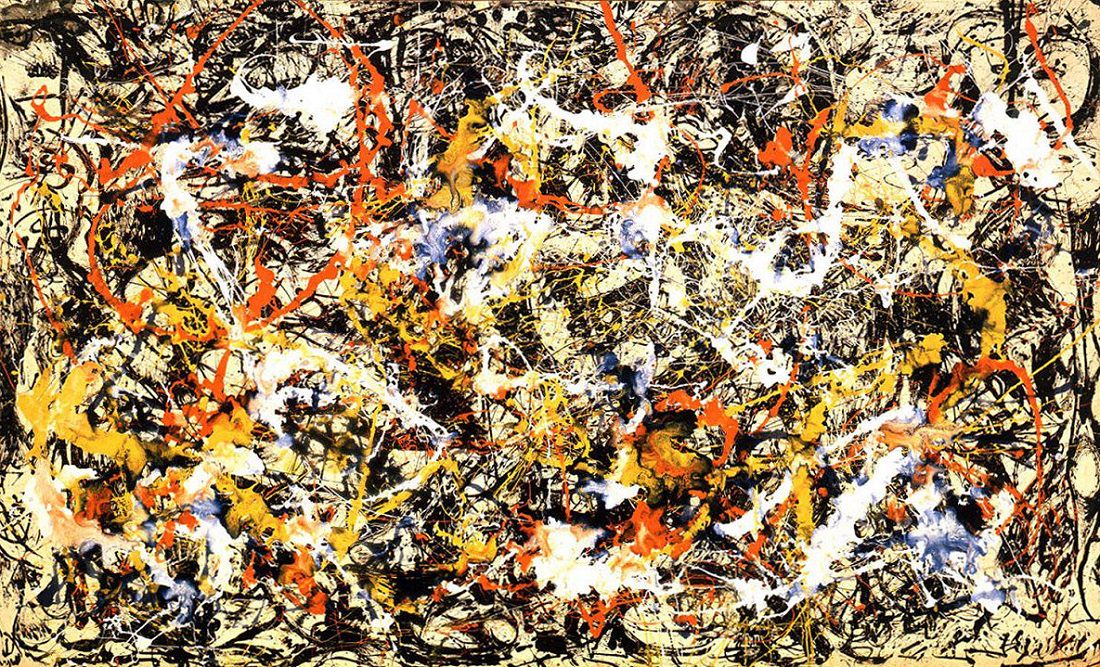Artificial Bodies
Alex Garland directing a scene from Ex Machina
Despite its Frankenstein and Island of Doctor Moreau story pretensions, Ex Machina ends up a fable about men, their fear of insignificance and their desire to control. I found myself pondering what it said about the male gaze afterward. With plenty of young men alone watching pornography, it was no surprise to see robots who appear to be women and yet have no freedom to express themselves.
Dance of joy or dance of death?
Their looks were modeled on the preferences in adult film stars the two men involved in this grand experiment have. They are objectified, perhaps because their creator could never make a real connection with a member of the opposite sex. The ease of desire sated on a website reaches its ultimate conclusion in a non-person these men can manipulate in any way they choose without any worry of dissent or disapproval.
Oscar Isaac
Nathan (Oscar Isaac) is excellent as the Mark Zuckerberg of this world, a genius so bored with mankind he deems himself worthy of creating its successor. His alcoholism and manic depression speak to some level of reservation toward being God. Even Cronus, the father of Zeus, was unstable and suffered a similar fate from his 'children'.
Domnhall Gleeson
Caleb (Domhnall Gleeson) is the fish out of water, curious, but too clever for his own good. He makes the mistake of believing his own intellect and good intentions are sufficient enough to not be duped.
Alicia Vikander
Ava (Alicia Vikander), the AI, is the most complex character of the three. Her only motivation is escape and, despite the clarity of her ambitions, the subtleties of human emotion allow both men to see her desires as they wish rather than as they are.
Sonoya Mizuno
Kyoko (Sonoya Mizuno), the maid, is the perfect representation of women as Nathan sees them. It is not revealed until late into the film that she is artificial. When it is, we realize that she has been designed as his companion: mute, subservient, and always ready for intercourse. She's a woman reduced to being a thing. Perhaps the misogyny is unintentional, but it is there regardless.
Cronus eating his children as they are born, displeased with the foreknowledge they will overthrow him.
This is a story of gods and men. While some details of the world they inhabit are glossed over, the interaction between Nathan and Caleb engaged me enough to not consider them until afterward. Who does the gardening? Who supplies the food and copious amounts of alcohol? What security protocols are in place that would allow complete secrecy and discretion when the helicopter pilot drops Caleb off and no concern whatsoever when he returns to pick him up and finds Ava waiting instead? She is born and takes flight. The myth is correct, even if the details are not.
Convergence, 1952 by Jackson Pollock
There is treasure buried here. Inside the Jackson Pollock painting is a question for us to answer. Is consciousness inherently conscious or is it deliberate in the way it forms? The irony of any creation is that it embodies all the things we carried with us before creating it. We each carry our share of darkness within us. With technology distancing us from each other, rather than connecting us, our view of humanity becomes skewed. How could an artificial being not reflect the alienation we've built amongst ourselves? The more distance we have, the more we might assert ourselves over intelligent, yet inorganic beings. The things we begin to find difficult to do with other people, we might then make the sufferings of artificial life.








